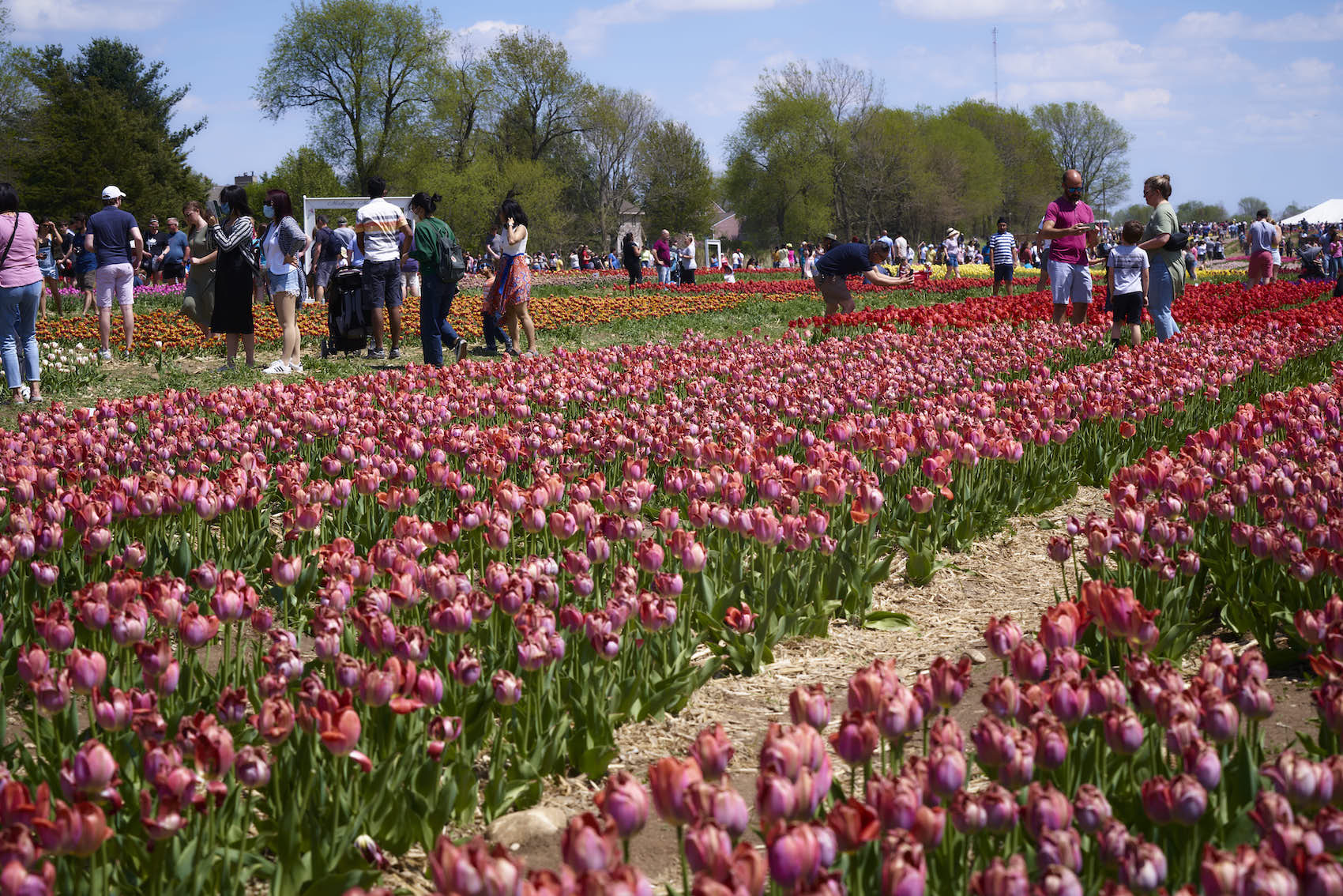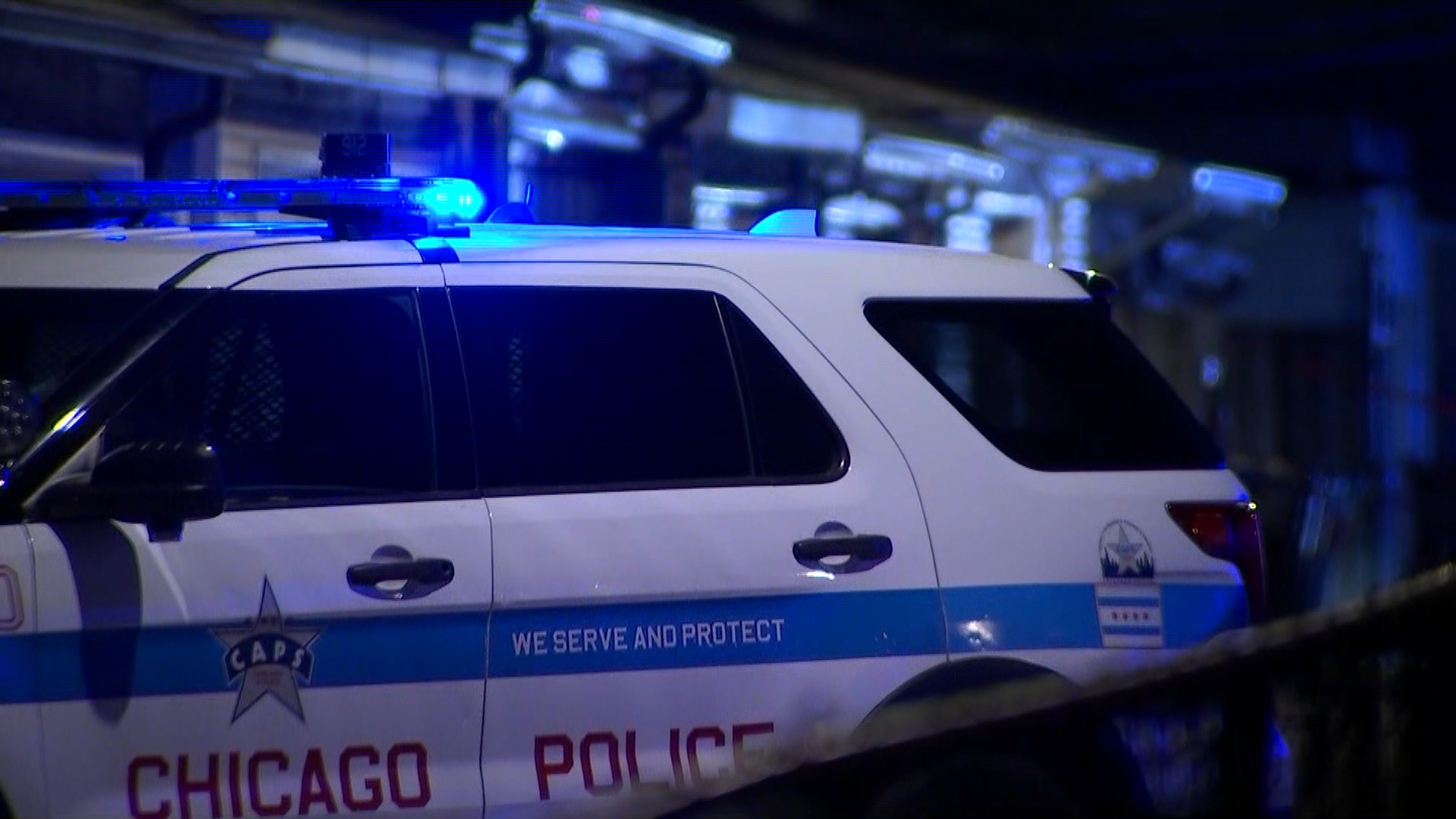In the weeks leading up to, and following, the Lollapalooza music festival in Chicago, residents and observers expressed concerns that the event would turn into a “COVID super-spreader,” but Chicago health officials say that hasn’t happened.
During a press conference Tuesday, Chicago Department of Public Health Commissioner Dr. Allison Arwady said that statistics compiled by the city have not shown any significant impact on COVID case numbers since the event wrapped up more than two weeks ago.
“We’re not seeing any connection related to Lollapalooza,” Arwady said. “We’ve not had new data suggesting it was a super-spreader. We’ve not seen any change in terms of the demographics (of COVID-impacted patients) here in Chicago. We see no connection between that event, or any of the other large events that we’ve had.”
According to figures released by the city on Aug. 12, approximately 203 Lollapalooza attendees later tested positive for coronavirus. Of those, 58 were Chicago residents, and 138 were Illinois residents from elsewhere in the state.
Feeling out of the loop? We'll catch you up on the Chicago news you need to know. Sign up for the weekly Chicago Catch-Up newsletter here.
More than 385,000 people were estimated to have attended the festival, with Arwady saying that nearly 90% of attendees were vaccinated.
Attendees at the festival were required to either show proof of vaccination or proof of a negative COVID test before being granted entry. While some were critical of procedures designed to examine those proofs at the festival’s gates, Arwady says that she was satisfied with how concert organizers and city officials worked to put together, and implement, the policies.
“The bottom line is we’ve not seen anything that has surprised us related to this Lollapalooza outbreak,” she said.
Local
The city of Chicago has announced that a new mask mandate will go into effect on Friday for all indoor public spaces. All residents 2 years of age or older will be required to wear masks indoors, regardless of COVID vaccine status.
That decision comes as the city is experiencing increases in the number of daily COVID cases, with that number now exceeding 400 new cases per day.



